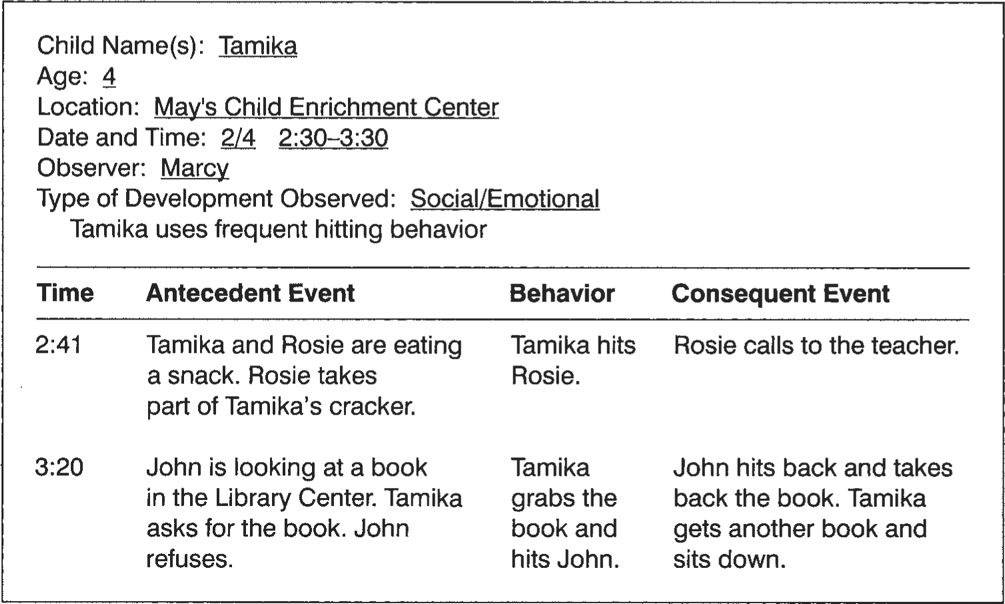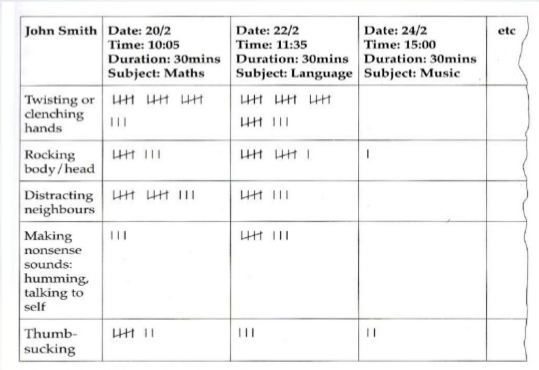Event Sample Observations In Childcare

Image by Mira Cosic from Pixabay
Event sampling is a useful observation technique for observing behaviours. It can be used to identify the child's response of certain behaviours, triggers and interactions.
It is also used to determine how often a specified event or behaviour occurs. This information can be used to monitor developmental progress or the impact of changes in teaching strategies.
Advantages Of Event Samples
- Facilitates effective collection of information to help inform Educators of possible triggers for an event/behaviour
- Simple and easy to use
- Builds up a picture of a specific behaviour
- They can be adapted to suit different circumstances
- The can be used to monitor progression and success towards any early intervention goals
Disadvantages Of Event Samples
- Time (Requires planning & preparation). Sometimes difficult to capture all that has occurred, particularly prior to an event.
- Needs a prepared chart and therefore cannot be spontaneous
- Charts needs to be carefully designed in order to collect the relevant information
- Data may not explain why the 'events' are occurring
When Should You Use Event Samples
- To observe and record how many times a child shows a specific action/behaviour
- To understand why a child may display such actions/behaviour
- To determine if their are any patterns or triggers to the action/behaviour
How To Record Event Samples
Event sampling is normally recorded using the "ABC" technique:
- A for Antecedent (possible triggers, behaviours, actions) immediately prior to the event;
- B for the Behaviour (a summary of the observed behaviour)
- C for the Consequences (what happened immediately after the behaviour/event.
Event samples are usually created using a grid or chart format. The way the grid/chart is set out will depend on the information required. Remember the event to be observed is decided in advance.
Sample 1

Sample 2
Event sample - frequency counts - involves observation of targeted behaviours or specific events. There is no recording of antecedents or consequences. The observer records a tally or tick every time a particular observable event or behaviour occurs.

The information gathered through Event Samples will help you to assess what sparks a certain reaction in the child and identify the possible causes or consequences of concerning behaviour and find strategies to manage the behaviour effectively.
References:
Event Sampling Observation, Reference
Event Sample, Compliant Learning Resources
Observational Methods, Complex Needs UK




